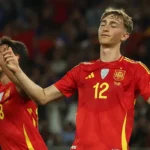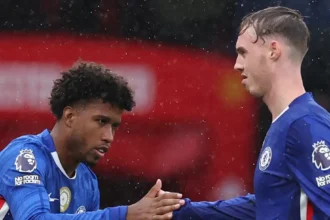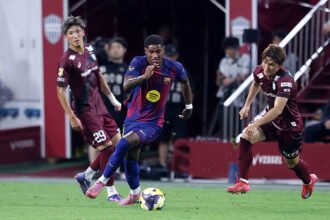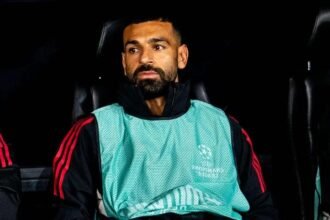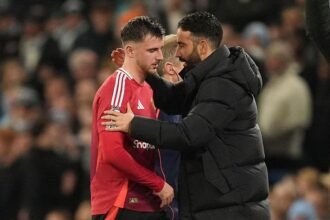Tottenham Hotspur’s future ownership structure continues to spark intense speculation, especially in the wake of Daniel Levy’s unexpected departure. While Spurs have publicly denied plans to sell, football finance expert Stefan Borson believes a deal—similar to the INEOS acquisition at Manchester United—remains on the table if one key condition is met.
Spurs Hold Firm on No-Sale Stance—For Now
Despite ongoing rumors and reported interest from multiple suitors, Tottenham’s current ownership has made a concerted effort to shut down talk of a takeover. The club’s decision to drop Rothschild, a top financial advisory firm often associated with high-profile transactions, has been interpreted as a strong signal of intent.
Speaking to Football Insider, Borson emphasized that Spurs’ reluctance to engage with potential buyers is not a smokescreen. “Getting rid of Rothschild’s as your advisor is a statement that you’re not really engaging and you don’t really want to sell,” he explained. “It increasingly looks like they’re not bluffing.”
He added that the Lewis family, the key stakeholders in ENIC Group which owns Tottenham, have been visibly involved with the club, attending games and showing no signs of stepping away from ownership duties.
A Levy Exit Opens the Door to Strategic Investment
However, Borson also pointed to the potential for a scenario that echoes the recent INEOS-Manchester United deal, where Sir Jim Ratcliffe acquired a minority stake with significant influence.
“If someone could put an offer together for Daniel Levy’s part of ENIC, given that there’s clearly been a fallout there, that could make sense,” said Borson. He suggested that a 25% minority investment, similar to the Ratcliffe model, could allow Tottenham to bring in a new strategic partner without requiring full ownership to change hands.
This approach would keep the Lewis family in majority control, unlike the Glazer family’s reduced role at Manchester United. Still, it opens the possibility for a phased takeover—starting with a minority stake and gradually increasing control over time.
A Feasible Path to Full Takeover—But Only Gradually
Borson believes this incremental ownership model is not only feasible but also increasingly likely under the right circumstances. “Maybe a plan over the next few years to build up to 50 percent, then 75 percent, and then full ownership,” he said.
However, this hinges on the Lewis family’s willingness to allow such a gradual transition. If they remain unwilling to relinquish control, it could push Daniel Levy and his family, who now own a smaller stake, to eventually sell and exit the picture altogether.
While Tottenham Hotspur’s current ownership continues to resist full sale talks, the door isn’t completely closed. A minority-stake deal—mirroring the INEOS investment in Manchester United—remains a viable route if the right investor emerges and is willing to play the long game. With internal shifts already taking place, Spurs’ ownership dynamics could evolve sooner rather than later.



